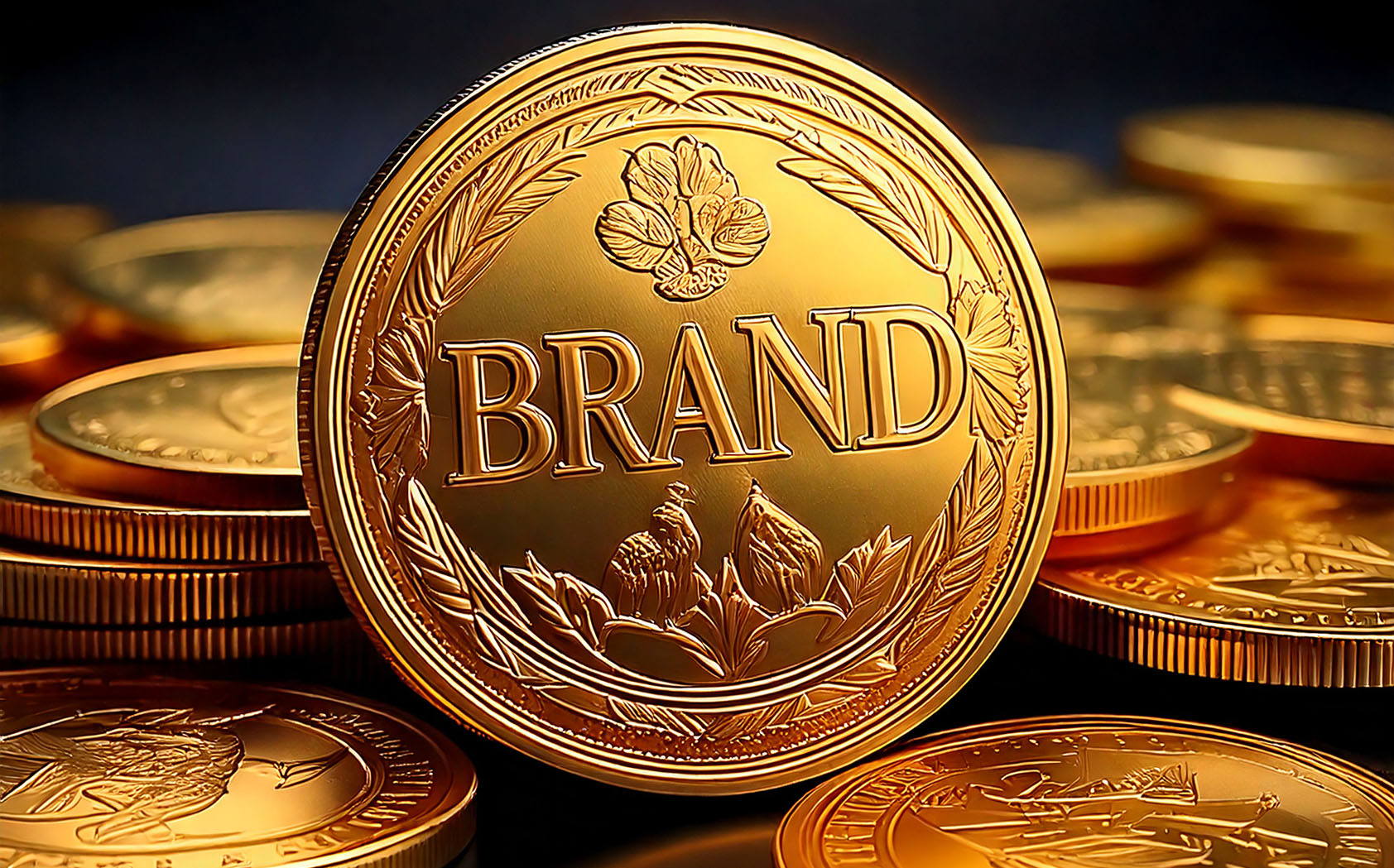If you’ve ever wondered whether “corporate brand” and “corporate reputation” are just different terms for the same thing, you’re not alone. Chat ‘corporate reputation’ and you’ll find many definitions that sound very much like they could be describing what a corporate brand is, but those definitions typically also state that they are not the same thing at all.
Truth is, they are both the same, and different, in that they are deeply connected and influence each other continuously, but they started out as opposite sides of the same coin. Today the differences of those two sides have effectively converged.
Many understand Corporate Brand to mean your identity:
- what you say about your company: your promise and what you stand for that comes to life through your messaging, visual identity, tagline and marketing.
- this is carefully crafted to be coherent and true to the reason why it exists.
And they understand Corporate Reputation to mean your credibility:
- what others say about your company: the perceptions of what your company does, shaped by the experience by all your audiences and stakeholders through your products, services, communication – every action or inaction.
- it is earned by the actions and non-actions of your company and how consistent these are with the core identity.
In reality, Corporate Brand encompasses Corporate Reputation. Brand is what you are: the cumulative of your purpose + your identity + your reputation + your culture, etc.
You need to examine and understand both to ensure they work in concert to nurture a cohesive, authentic brand that lives up to its promise.
Brand Development and Reputation Management Convergence
Decades ago, most companies did not pay much heed to what others thought of the company (brand) as they were crafting it. Many brands began life as an innovative solution to a real need, and over time as they grew, they were increasingly built and rebuilt in the boardroom and broadcast with an inside-out mindset. Strong brands typically paid attention to what their audiences were saying. Those that did not, invariably suffered setbacks.
Similarly, in the past reputation was approached with a broadcast mindset, often driven by pronouncements from the CEO and distributed by select mass media channels. And reputation management was founded with a crisis-centric mindset.
Today the channels have evolved and culture has shifted. Both external and internal audiences of a brand are now receiving messages and experiences in a much more distributed, or even individualized, manner. They are also increasingly empowered to share their opinions and perceptions, shaping the real meaning and reputation of the brand in the market.
Thus, the separation between those previously established sides of the coin has vanished. The reputation of your company today is the reality of what your brand means to your audiences. If your brand identity does not align with or leverage this, you end up with a much weaker brand.
You can’t fix one without the other
Reputation is no longer a separate element, but is now clearly an integral component of the corporate brand and key to growing and sustaining brand equity.
You cannot craft an authentic, credible brand without first understanding what your various audiences and stakeholders think and believe about it. The brand definition is ultimately shaped by its DNA, but its reputation cannot be ignored.
Similarly, you cannot shape your reputation without taking a deep look at your brand and how the delivery of its promise and purpose measures up to the expectations of its audiences.

